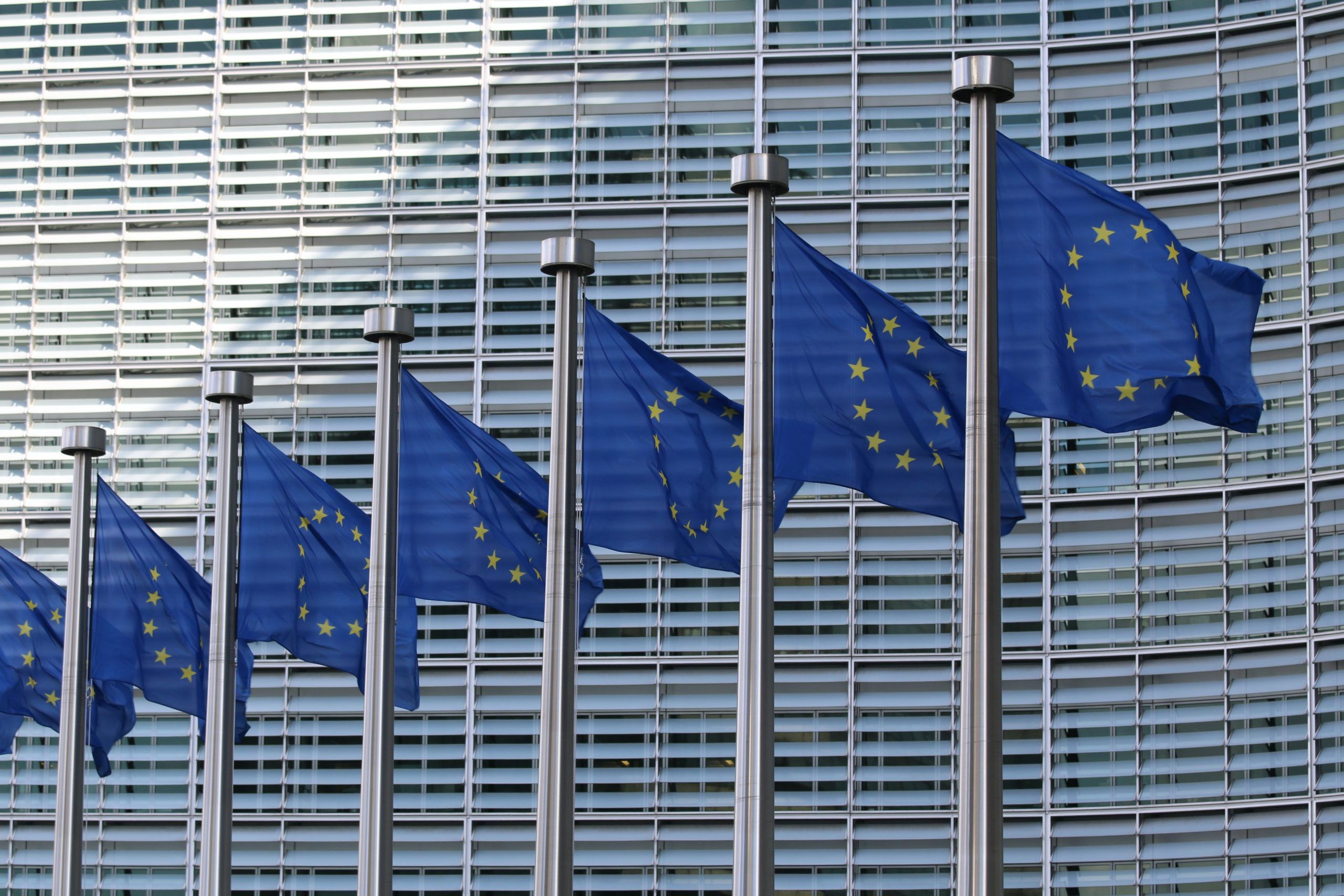The European Commission has today adopted a Communication that takes stock of the changed circumstances for economic governance in the aftermath of the COVID-19 crisis and relaunches the public debate on the review of the EU’s economic governance framework. The Communication follows President von der Leyen‘s commitment in the State of the Union address to build a consensus on the future of the EU’s economic governance framework. The Commission had previously suspended this public debate, which was first launched in February 2020, to focus on responding to the economic and social impact of the COVID-19 pandemic.
Valdis Dombrovskis, Executive Vice-President for an Economy that Works for People, said: “Europe is now sailing into calmer waters after the turbulence of the pandemic. Thanks to our coordinated and assertive response, we are now exceeding growth expectations. But the crisis has also made some challenges more visible: higher deficits and debt, wider divergences and inequalities and a need for more investment. We need economic governance rules that can tackle those challenges head-on. So today, we are launching a public debate. We want to hear views and ideas, and build consensus and ownership for effective economic surveillance. That way, we can make our societies and economies more sustainable, fair and competitive – and fully prepared for future challenges.”
Paolo Gentiloni, Commissioner for Economy, said: “After last year’s unprecedented shock, Europe’s economy is recovering strongly. Now we need to ensure that our future growth is both sustained and sustainable. We are relaunching this review of our economic governance against a backdrop of enormous investment needs, as the climate emergency becomes more acute with every passing year. At the same time, the powerful fiscal support provided during the pandemic has led to higher debt levels. These challenges make it all the more essential to have a transparent and effective fiscal framework. Achieving this is our joint responsibility and is crucial to the future of our Union.”
The relaunched debate will draw on both the Commission’s view of the effectiveness of the economic surveillance framework presented in February 2020 and the lessons learnt from the COVID-19 crisis described in today’s Communication. The Commission invites all key stakeholders to engage in this public debate so as to build consensus on the future of the economic governance framework. It is crucial to have in place a framework that can fully support Member States to repair the economic and social impact of the COVID-19 pandemic and respond to the EU’s most pressing challenges.
The Commission will consider all views expressed during this public debate. It will, in the first quarter of 2022, provide guidance for fiscal policy for the period ahead, with the purpose of facilitating the coordination of fiscal policies and the preparation of Member States’ Stability and Convergence Programmes. This guidance will reflect the global economic situation, the specific situation of each Member State and the discussion on the economic governance framework. The Commission will provide orientations on possible changes to the economic governance framework with the objective of achieving a broad-based consensus on the way forward well in time for 2023.
A new context in the aftermath of the COVID-19 pandemic
Since its inception, the EU’s economic governance framework has guided Member States to achieve their economic and fiscal policy objectives, coordinate their economic policies, address macroeconomic imbalances, and ensure sound public finances. The framework has evolved over time, and changes, such as the six-pack and two-pack legislation, were introduced to respond to new economic challenges.
Despite these evolutions, some vulnerabilities remained which the fiscal framework has not effectively addressed. At the same time, it has grown increasingly complex. Added to this, the economic context has significantly changed since the rules were first established.
These and other issues were already apparent in February 2020 when the Commission presented its Communication on the EU economic governance review. While the review’s main conclusions remain valid and relevant, the severe impact of the COVID-19 crisis further underlines the challenges facing the framework and has made the challenges even more acute.
New challenges and lessons learnt
The public debate on the review of the economic governance framework will need to take into account and address the issues that had been identified in the 2020 Communication. These include how we can ensure sustainable public finances, prevent and correct macroeconomic imbalances, simplify existing rules, and improve their transparency, ownership and enforcement.
Additionally, the review of the EU economic governance framework should reflect on the new challenges highlighted by the COVID-19 crisis. It could also draw useful lessons from the successful EU policy response to the outbreak, in particular from the governance of the Recovery and Resilience Facility.
An inclusive and open debate
A wide-ranging and inclusive engagement with all stakeholders is crucial to build a broad-based consensus on the way forward for the EU economic governance framework. The Commission is therefore inviting stakeholders to engage in the debate and provide their views on how the economic governance framework has worked so far and on possible solutions to enhance its effectiveness. These stakeholders include the other European institutions, national authorities, social partners and academia.
The debate will take place through various fora, including dedicated meetings, workshops and the online survey which has been relaunched today. Citizens, organisations and public authorities are invited to submit their contributions by 31 December 2021.







Leave a Reply